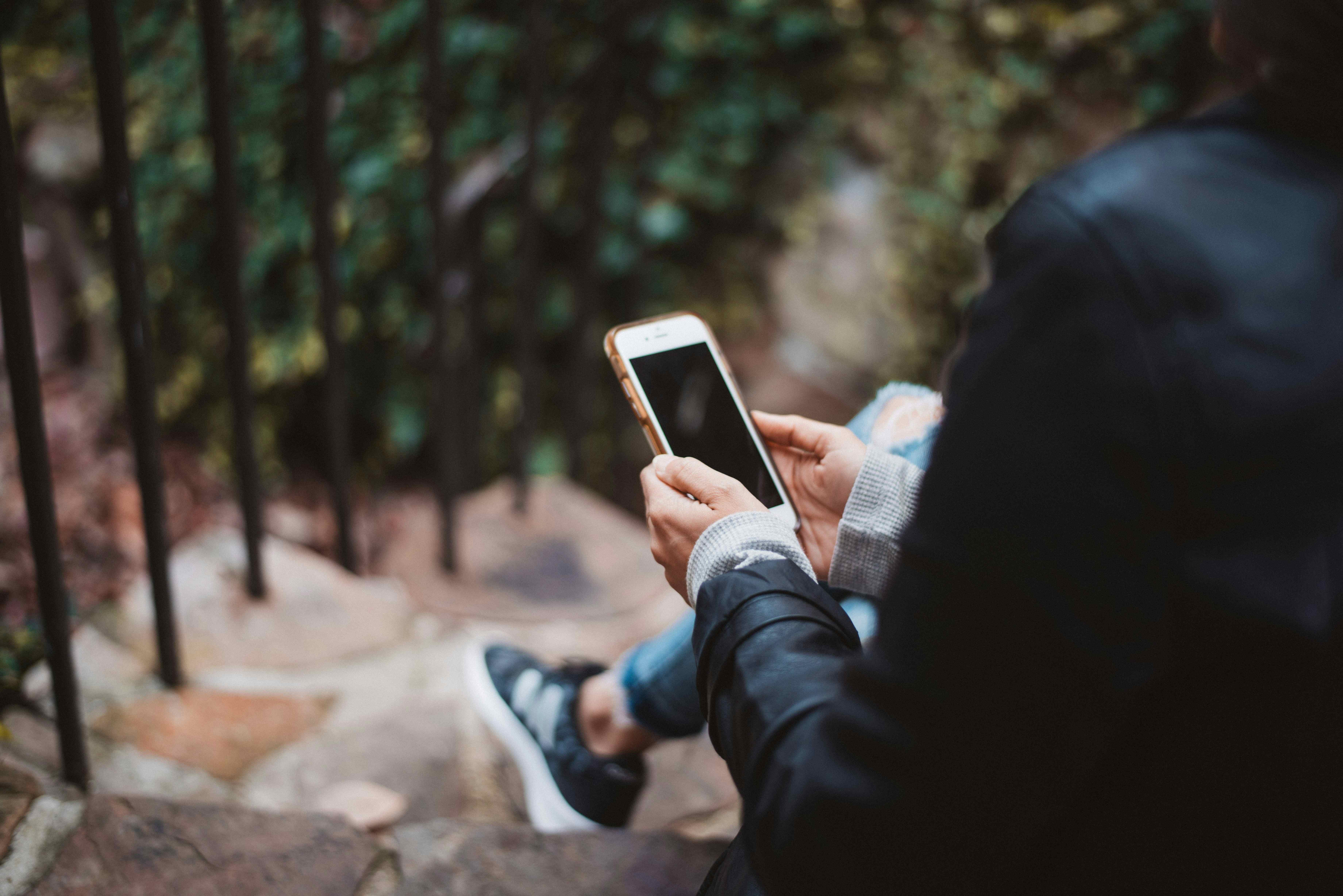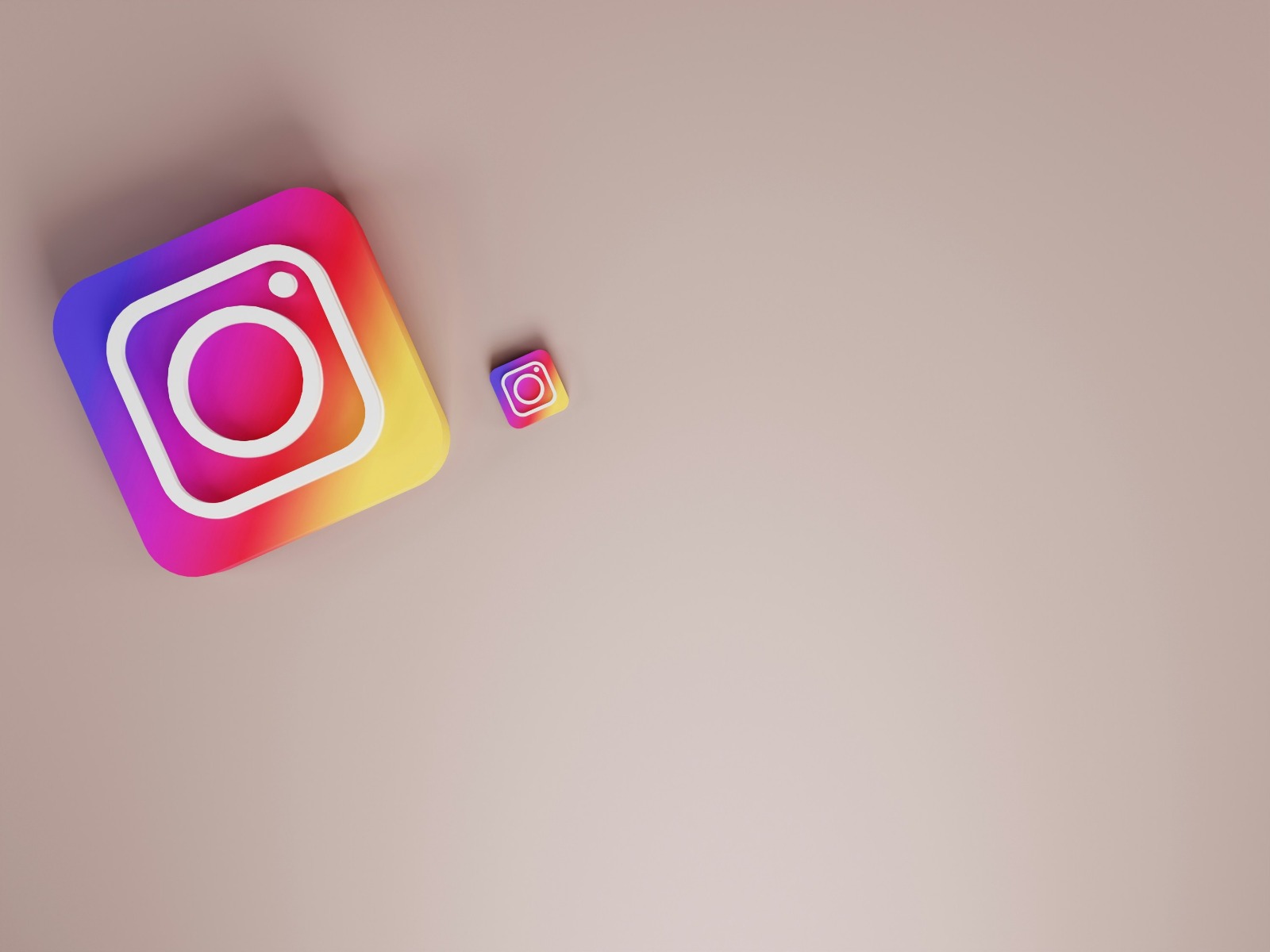How Dopamine Addiction from Social Media is Destroying Focus and Mental Health

Have you ever wondered why you end up scrolling on social media for hours, only to feel anxious or drained afterward? If yes, you're not alone. Social media addiction is real, and it’s closely linked to dopamine, the brain’s "feel-good" neurotransmitter. Social media platforms are designed to keep you engaged, exploiting this very system to make you crave more.
The Science Behind Dopamine and Social Media Addiction
Dopamine is the brain's reward system, released whenever we do something that brings us joy, like eating junk food, winning video games, or getting likes and comments on social media. These small dopamine hits make us feel good and motivate us to keep seeking out that pleasure. But in today’s world, instant gratification is just a tap away, and platforms like Instagram, Facebook, X, and YouTube are engineered to hijack our dopamine system through endless scrolling, personalized recommendations, and constant notifications.
With every like, comment, or notification, we get a dopamine boost, which keeps us coming back for more. This cycle leads to social media addiction, which can affect not only our focus and sleep but also our ability to engage in real, face-to-face interactions.
The Impact of Dopamine Addiction on Mental Health
The consequences of dopamine addiction via social media are far-reaching. Constant scrolling may lead to:
-
Low Confidence and Self-Esteem: Social media often presents an unrealistic portrayal of life. When we compare our real lives to the curated, perfect moments of others, we feel inadequate. This fear of missing out (FOMO) and comparison trap can significantly lower self-esteem.
-
Mental Health Issues: Prolonged social media use has been linked to increased stress, anxiety, and depression. The blue light emitted from screens disrupts our sleep cycle, leading to irritability and difficulty focusing the next day.
-
Social Isolation: Excessive time online can replace meaningful, in-person interactions, leading to feelings of isolation and emotional detachment.
-
Dopamine Desensitization: Similar to video games, social media rewards users with likes and comments for engaging with content, making users more addicted over time.
How To Overcome Dopamine Addiction
Breaking free from social media addiction is possible, and it starts with creating healthier habits and boundaries:
-
Limit Screen Time: Use tools like Screen Time (iPhone) or Digital Wellbeing (Android) to monitor and limit your screen time. Set boundaries for how much time you spend on social media apps.
-
Turn Off Unnecessary Notifications: Disable notifications for apps that cause distractions, helping you avoid constant dopamine spikes.
-
Practice Dopamine Detox: Take regular breaks from social media and instant gratification sources like junk food. This helps reset your dopamine system and allows you to regain control over your cravings for instant pleasure.
-
Engage in Offline Activities: Invest your time in hobbies, reading, exercising, or spending quality time with friends and family. These offline activities provide long-term satisfaction and reduce the need for constant online stimulation.
-
Replace Bad Habits: Replace social media scrolling with activities that promote mental wellness, such as meditation, journaling, or morning exercise—activities that don’t involve looking at a screen.
-
Create a Better Sleep Routine: Keep your phone away from your bed to avoid the temptation to scroll late into the night, which can disrupt your sleep cycle and affect your mental health.
Engage in Offline Activities for a Balanced Life
Offline activities such as painting, playing music, or spending time in nature can offer more fulfilling experiences than what we get from digital screens. Journaling, too, can be a great way to reflect and find peace of mind. By replacing screen time with meaningful real-life experiences, we can recalibrate our dopamine levels and improve our overall mental well-being.
Conclusion
While social media platforms are designed to keep us hooked through dopamine-driven interactions, they can have a negative impact on our mental health. The good news is that we can take control of this cycle. By setting boundaries, practicing a dopamine detox, and replacing unhealthy habits with beneficial ones, we can regain a healthier relationship with technology.
Take a break from scrolling and share this blog with someone who could benefit from these insights.
Asif Bc
Aspiring blogger in Kerala sharing insights on technology and mental health to inspire mindful living.



.jpg)
0 Comments